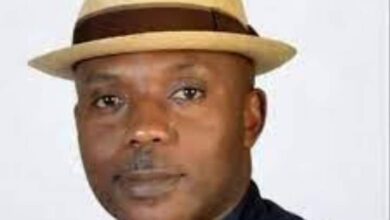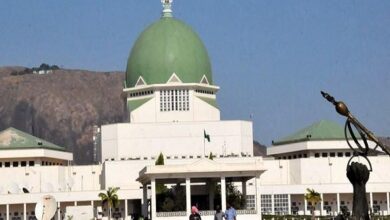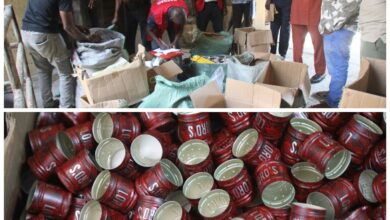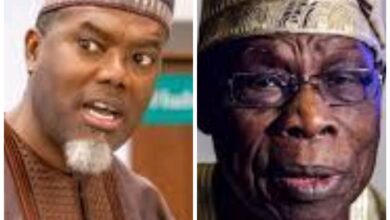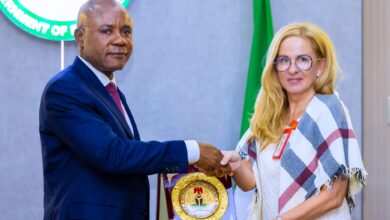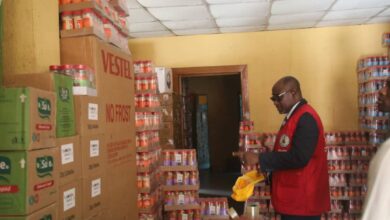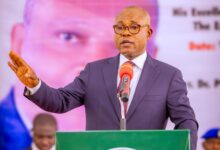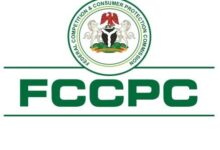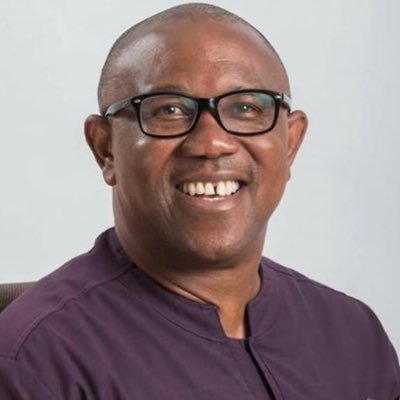
The Presidential candidate of Labour Party (LP) in the 2023 election, Mr. Peter Obi has disclosed that he remains concerned about Nigeria’s borrowings.
Mr. Obi opined that the ‘loans’ have not reflected positive impacts on Nigeria’s economy – describing it as ‘worrisome’.
“I remain concerned about our borrowings, considering their galloping situation over the years, and its concomitant effects on the economy. More worrisome is the fact that there has been no corresponding visible usage or investments as required by the law, to show their impact on the nation.
“At the end of the second quarter, Q2, of 2023, our debt stood at N87.9 trillion, which was very disturbing to us, because we were at a loss on what we did with the huge debt, especially the over N30 trillion ways and means borrowed by the last administration, which for me, would have been the end of borrowing without any visible and corresponding investment that will benefit the nation.
“Even more worrisome is that between the end of the third quarter, Q3, and the end of the fourth quarter, Q4, of 2023, about ₦10 trillion was added to our debt profile, which has now taken our debts to N97.3 trillion, again, without any corresponding visible and verifiable utilization of such debts, to the and best of my knowledge, is the highest ever borrowed in one quarter,” he stated on X, formerly Twitter on Tuesday.
The former Anambra State Governor disclosed that Nigeria’s total debt servicing for domestic debts in 2023 stood at ₦4.4 trillion, while external debt servicing was $3.5 billion – about ₦4.9 trillion.
“In effect, approximately ₦10 trillion is now set aside to service unproductive debts.”
He added: “The implication is that what we borrowed in a quarter about ₦10 trillion and what we spend on debt servicing, which is also about ₦10 trillion, are each more than the combined budgetary allocation for the four highest priority areas, which are; defence (N3.25trn), Education (N2.18trn), Health (1.33trn), and Infrastructure (N1.32trn).”
He appealed to the federal government to de-accelerate borrowings and re-evaluate to see what has been achieved with previous loans thus far, thereby making better decisions for the good of the nation.
He further stressed that; “In the New Nigeria of our dream, our scarce resources will not only be duly accounted for but will be productively and prudently managed in moving our nation from consumption to production.”

